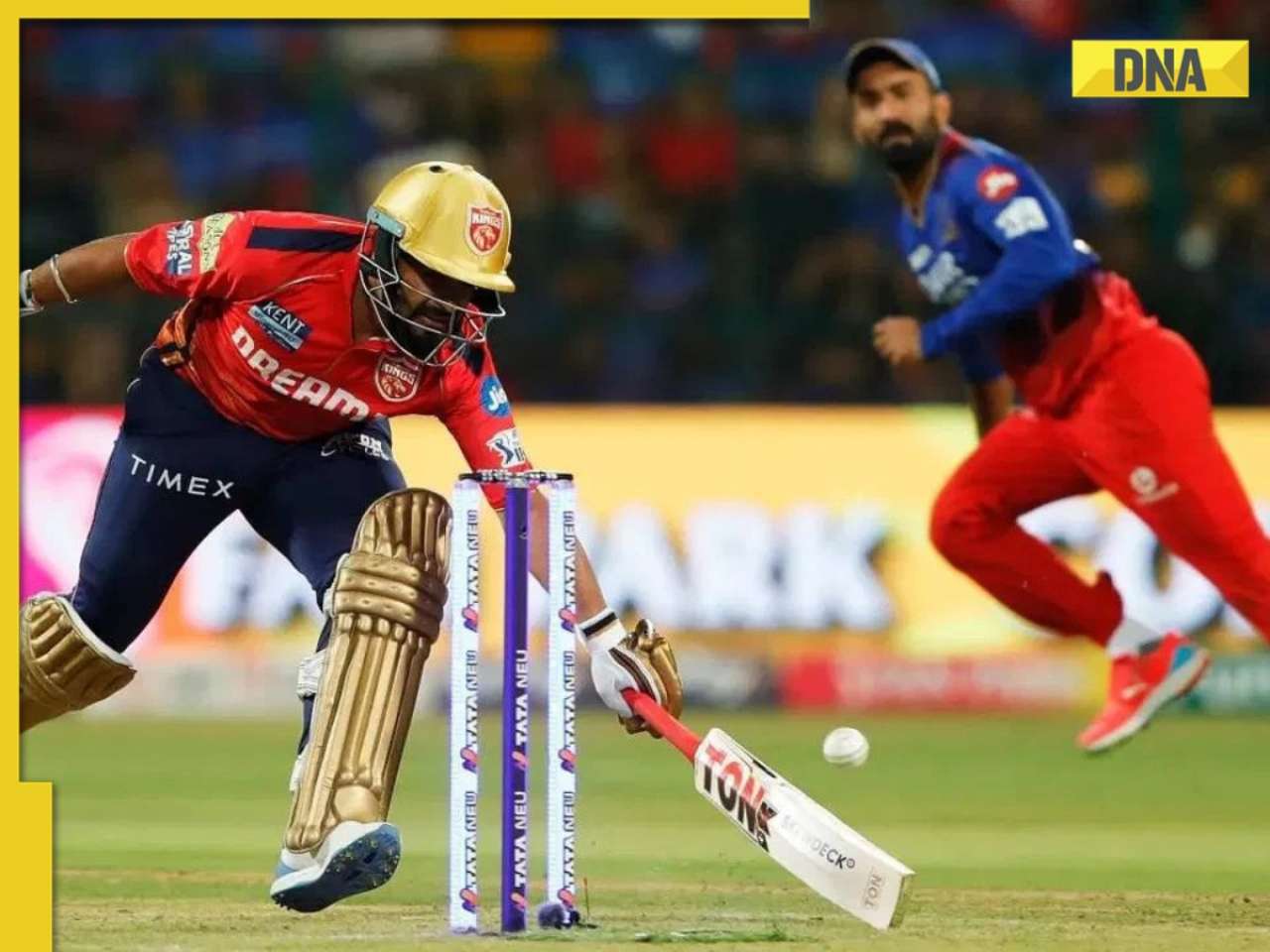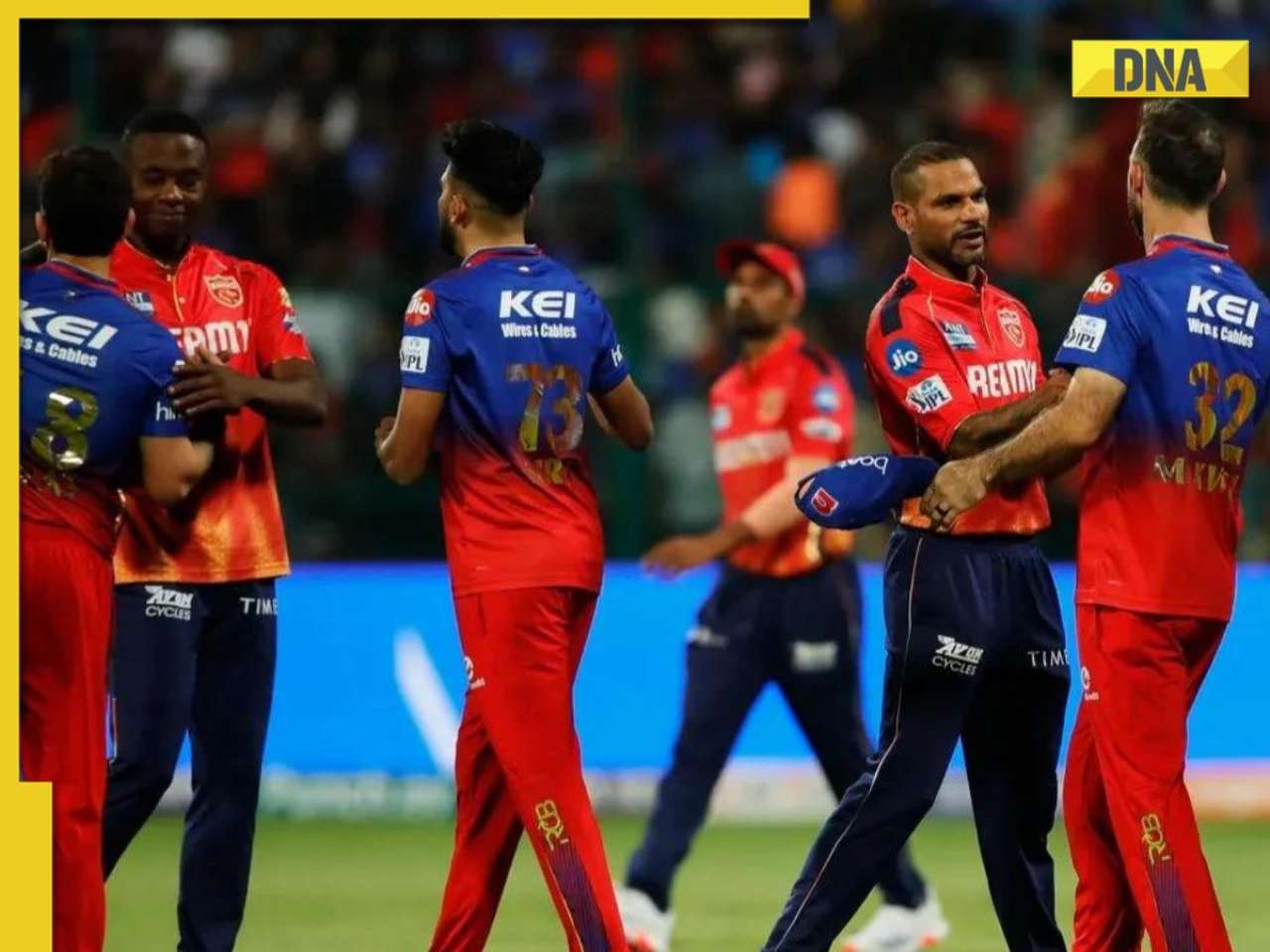While cash, debit cards, credit cards and forex cards are all viable options, each has pros and cons.
Planning an international trip in 2024? With multiple payment options, deciding the right one can get overwhelming. While cash, debit cards, credit cards, and forex cards are all viable options, each has pros and cons. This blog will explore the major differences between these payment modes to help you determine what Indians should opt for when travelling overseas in 2024.
What is a Forex Card?
A Forex card, likewise known as a travel card, is a prepaid travel card that permits you to load multiple foreign currencies to make payments while travelling abroad. Some forex card providers now offer zero forex markup cards, providing currency at the exact inter-bank exchange rate without adding conversion fees or markups.
What is an International Debit/Credit Card?
An international debit/credit card is a card your bank enables for overseas transactions. It allows you to make payments in foreign currencies by deducting the equivalent Indian Rupee amount plus applicable conversion charges from your linked bank account.
Comparison Between a Credit/Debit Card and a Forex Card
Card Issuance Ease
A Forex card can be started within 4-5 business hours as it is an instant prepaid instrument created specifically for foreign travel. Only basic travel documents are required to book your Forex card online. 24x7 online booking and same-day delivery is available.
Credit/Debit cards can only be obtained after opening a new account with a bank. The bank would require you to complete a KYC verification process.
Using a Card Abroad
Both forex cards and credit/debit cards are accepted abroad, but before you decide, you should consider this important factor. Credit/debit cards are rupee-based cards, so the online transaction in foreign currencies will be processed after the INR balance on your card is converted to foreign currency, so you will be charged for currency conversion.
Your bank may also charge you network service fees of roughly 1% when you use your credit or debit card overseas, depending on the international card network to which it belongs. Carrying a Forex card instead is recommended, as they offer the best exchange rates with minimal costs.
Theft or Loss of a Card
We understand losing your credit or debit card while travelling internationally can be an unsettling experience. Please first phone your bank's customer service line in India immediately to report your card as lost/stolen. This will allow them to cancel and deactivate the card to prevent fraud promptly.
Forex cards usually come with a backup or add-on card within the same kit or can be opted for while buying a new card. If you lose a card abroad, requests can easily be placed by calling or emailing, and replacement cards can reach you abroad within 3 working days.
Card Security
Forex cards are top-notch when it comes to security and safety. By logging in to the mobile app of your Forex card provider, you can easily lock or unlock the card without any hassle.
A credit/debit card is also chip and pin secured, and you can temporarily lock/unlock it for domestic and international transactions. It also comes with a complimentary insurance cover. Thus, they both have similar advantages in this respect.
Comparison Between Cash and Forex Card
Convenience
If you travel to several countries, you must carry multiple currency notes. This is not convenient at all. A more practical and convenient approach is having a multi-currency forex card, which lets you load several currencies on one card.
Rate Volatility
Unlike cash/currency notes prone to rate fluctuations, a Forex card has zero rate fluctuations, and once it is loaded, the exchange rates on the card remain fixed.
Cost-Effectiveness
You will always find foreign currency notes to be more expensive than forex cards. Foreign currency note rates are static, whereas market dynamics determine forex card rates. Moreover, demand-supply issues play an important role in determining currency note rates.
The Bottom Line
While cash, international debit/credit cards, and forex cards have their place, a multi-currency forex card undoubtedly scores higher in convenience, security, cost savings, and overall overseas payment experience for Indian travellers in 2024.
Disclaimer : Above mentioned article is a Consumer connect initiative, This article is a paid publication and does not have journalistic/editorial involvement of IDPL, and IDPL claims no responsibility whatsoever.
![submenu-img]() Viral video: Ghana man smashes world record by hugging over 1,100 trees in just one hour
Viral video: Ghana man smashes world record by hugging over 1,100 trees in just one hour![submenu-img]() This actress, who gave blockbusters, starved to look good, fainted at many events; later was found dead at...
This actress, who gave blockbusters, starved to look good, fainted at many events; later was found dead at...![submenu-img]() Taarak Mehta actor Gurucharan Singh operated more than 10 bank accounts: Report
Taarak Mehta actor Gurucharan Singh operated more than 10 bank accounts: Report![submenu-img]() Ambani, Adani, Tata will move to Dubai if…: Economist shares insights on inheritance tax
Ambani, Adani, Tata will move to Dubai if…: Economist shares insights on inheritance tax![submenu-img]() Cargo plane lands without front wheels in terrifying viral video, watch
Cargo plane lands without front wheels in terrifying viral video, watch![submenu-img]() DNA Verified: Is CAA an anti-Muslim law? Centre terms news report as 'misleading'
DNA Verified: Is CAA an anti-Muslim law? Centre terms news report as 'misleading'![submenu-img]() DNA Verified: Lok Sabha Elections 2024 to be held on April 19? Know truth behind viral message
DNA Verified: Lok Sabha Elections 2024 to be held on April 19? Know truth behind viral message![submenu-img]() DNA Verified: Modi govt giving students free laptops under 'One Student One Laptop' scheme? Know truth here
DNA Verified: Modi govt giving students free laptops under 'One Student One Laptop' scheme? Know truth here![submenu-img]() DNA Verified: Shah Rukh Khan denies reports of his role in release of India's naval officers from Qatar
DNA Verified: Shah Rukh Khan denies reports of his role in release of India's naval officers from Qatar![submenu-img]() DNA Verified: Is govt providing Rs 1.6 lakh benefit to girls under PM Ladli Laxmi Yojana? Know truth
DNA Verified: Is govt providing Rs 1.6 lakh benefit to girls under PM Ladli Laxmi Yojana? Know truth![submenu-img]() Alia Bhatt wears elegant saree made by 163 people over 1965 hours to Met Gala 2024, fans call her ‘princess Jasmine’
Alia Bhatt wears elegant saree made by 163 people over 1965 hours to Met Gala 2024, fans call her ‘princess Jasmine’![submenu-img]() Jr NTR-Lakshmi Pranathi's 13th wedding anniversary: Here's how strangers became soulmates
Jr NTR-Lakshmi Pranathi's 13th wedding anniversary: Here's how strangers became soulmates![submenu-img]() Streaming This Week: Heeramandi, Shaitaan, Manjummel Boys, latest OTT releases to binge-watch
Streaming This Week: Heeramandi, Shaitaan, Manjummel Boys, latest OTT releases to binge-watch![submenu-img]() Remember Ayesha Kapur? Michelle from Black, here's how actress, nutrition coach, entrepreneur looks after 19 years
Remember Ayesha Kapur? Michelle from Black, here's how actress, nutrition coach, entrepreneur looks after 19 years![submenu-img]() Remember Heyy Babyy's cute 'Angel' Juanna Sanghvi? 20 year-old looks unrecognisable now, fans say 'her comeback will...'
Remember Heyy Babyy's cute 'Angel' Juanna Sanghvi? 20 year-old looks unrecognisable now, fans say 'her comeback will...'![submenu-img]() Haryana Political Crisis: Will 3 independent MLAs support withdrawal impact the present Nayab Saini led-BJP government?
Haryana Political Crisis: Will 3 independent MLAs support withdrawal impact the present Nayab Saini led-BJP government?![submenu-img]() DNA Explainer: Why Harvey Weinstein's rape conviction was overturned, will beleaguered Hollywood mogul get out of jail?
DNA Explainer: Why Harvey Weinstein's rape conviction was overturned, will beleaguered Hollywood mogul get out of jail?![submenu-img]() What is inheritance tax?
What is inheritance tax?![submenu-img]() DNA Explainer: What is cloud seeding which is blamed for wreaking havoc in Dubai?
DNA Explainer: What is cloud seeding which is blamed for wreaking havoc in Dubai?![submenu-img]() DNA Explainer: What is Israel's Arrow-3 defence system used to intercept Iran's missile attack?
DNA Explainer: What is Israel's Arrow-3 defence system used to intercept Iran's missile attack?![submenu-img]() This actress, who gave blockbusters, starved to look good, fainted at many events; later was found dead at...
This actress, who gave blockbusters, starved to look good, fainted at many events; later was found dead at...![submenu-img]() Taarak Mehta actor Gurucharan Singh operated more than 10 bank accounts: Report
Taarak Mehta actor Gurucharan Singh operated more than 10 bank accounts: Report![submenu-img]() Aavesham OTT release: When, where to watch Fahadh Faasil's blockbuster action comedy
Aavesham OTT release: When, where to watch Fahadh Faasil's blockbuster action comedy![submenu-img]() Sonakshi Sinha slams trolls for crticising Heeramandi while praising Bridgerton: ‘Bhansali is selling you a…’
Sonakshi Sinha slams trolls for crticising Heeramandi while praising Bridgerton: ‘Bhansali is selling you a…’![submenu-img]() Sanjeev Jha reveals why he cast Chandan Roy in his upcoming film Tirichh: 'He is just like a rubber' | Exclusive
Sanjeev Jha reveals why he cast Chandan Roy in his upcoming film Tirichh: 'He is just like a rubber' | Exclusive![submenu-img]() IPL 2024: Mumbai Indians knocked out after Sunrisers Hyderabad beat Lucknow Super Giants by 10 wickets
IPL 2024: Mumbai Indians knocked out after Sunrisers Hyderabad beat Lucknow Super Giants by 10 wickets![submenu-img]() PBKS vs RCB IPL 2024: Predicted playing XI, live streaming details, weather and pitch report
PBKS vs RCB IPL 2024: Predicted playing XI, live streaming details, weather and pitch report![submenu-img]() PBKS vs RCB IPL 2024 Dream11 prediction: Fantasy cricket tips for Punjab Kings vs Royal Challengers Bengaluru
PBKS vs RCB IPL 2024 Dream11 prediction: Fantasy cricket tips for Punjab Kings vs Royal Challengers Bengaluru![submenu-img]() Watch: Bangladesh cricketer Shakib Al Hassan grabs fan requesting selfie by his neck, video goes viral
Watch: Bangladesh cricketer Shakib Al Hassan grabs fan requesting selfie by his neck, video goes viral![submenu-img]() IPL 2024 Points table, Orange and Purple Cap list after Delhi Capitals beat Rajasthan Royals by 20 runs
IPL 2024 Points table, Orange and Purple Cap list after Delhi Capitals beat Rajasthan Royals by 20 runs![submenu-img]() Viral video: Ghana man smashes world record by hugging over 1,100 trees in just one hour
Viral video: Ghana man smashes world record by hugging over 1,100 trees in just one hour![submenu-img]() Cargo plane lands without front wheels in terrifying viral video, watch
Cargo plane lands without front wheels in terrifying viral video, watch![submenu-img]() Tiger cub mimics its mother in viral video, internet can't help but go aww
Tiger cub mimics its mother in viral video, internet can't help but go aww![submenu-img]() Octopus crawls across dining table in viral video, internet is shocked
Octopus crawls across dining table in viral video, internet is shocked![submenu-img]() This Rs 917 crore high-speed rail bridge took 9 years to build, but it leads nowhere, know why
This Rs 917 crore high-speed rail bridge took 9 years to build, but it leads nowhere, know why 





































)












)
)
)
)
)
)